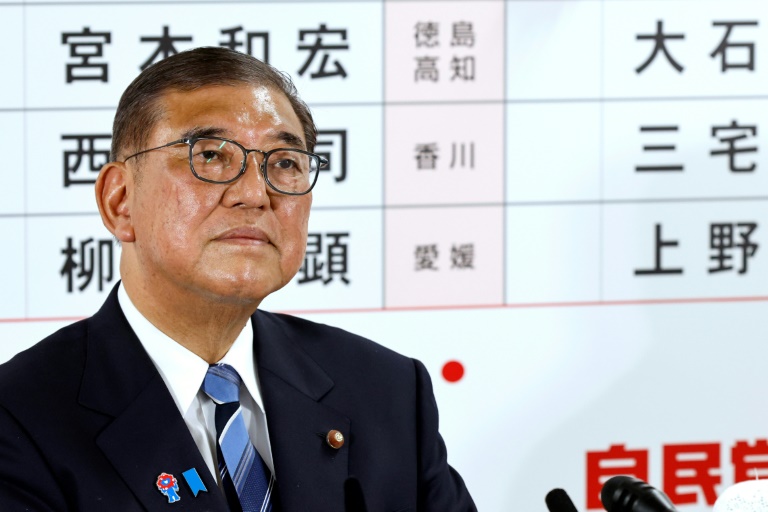
BREAKING: Shigeru Ishiba has officially resigned as Japan’s Prime Minister, marking a sudden end to his tenure amid a political crisis. The 68-year-old leader announced his decision on Sunday following severe criticism over the ruling Liberal Democratic Party’s (LDP) dismal performance in the July 2024 upper house elections.
Ishiba’s resignation comes less than a year after he took office, a role he secured after four previous attempts. This abrupt shift in leadership is crucial for the LDP, which has maintained control over Japan since 1955. Ishiba stated he would “step aside and make way for the next generation,” a move reflecting pressure from party members demanding new leadership after significant electoral losses.
The LDP’s recent election results were devastating, marking their worst performance in 15 years and leading to a loss of their parliamentary majority. Ishiba’s government faced mounting public discontent, primarily due to rising prices, particularly for staples like rice, which has doubled in cost compared to last year. With the LDP’s coalition partner, Komeito, struggling to maintain a majority, Ishiba’s administration was forced into negotiations with opposition parties for legislative support.
Under Ishiba’s leadership, he aimed to “create a new Japan” and tackle the nation’s declining population, but his plans backfired spectacularly. His administration’s popularity plummeted, leading to widespread public dissatisfaction. Notably, he appointed only two women to his cabinet, significantly down from five under former Prime Minister Fumio Kishida.
Social media buzzed with criticisms of Ishiba’s leadership style, from his awkward public appearances to his questionable dining etiquette. Viral moments included him seemingly napping in parliament and struggling with social interactions at international gatherings. One particularly memorable incident involved him eating an onigiri rice ball improperly, leading to mockery online.
Amid these challenges, Ishiba faced diplomatic hurdles, including strained relations with U.S. President Donald Trump, who had imposed hefty tariffs on Japanese imports. However, just days before his resignation, Trump announced a reduction in tariffs on Japanese automobiles from 27.5 percent to 15 percent, a rare win for Ishiba’s administration.
Looking ahead, the LDP is now tasked with electing a new leader amidst this political turbulence. Analysts warn that the party’s stability is at risk, and the implications of Ishiba’s resignation could reverberate throughout the Japanese political landscape.
As Japan navigates this unexpected leadership change, citizens and party members alike are left to ponder the future direction of the LDP and the nation’s governance. The swift developments highlight the urgency of political responsiveness in the face of public dissatisfaction and electoral challenges. Stay tuned for more updates as this story unfolds.






